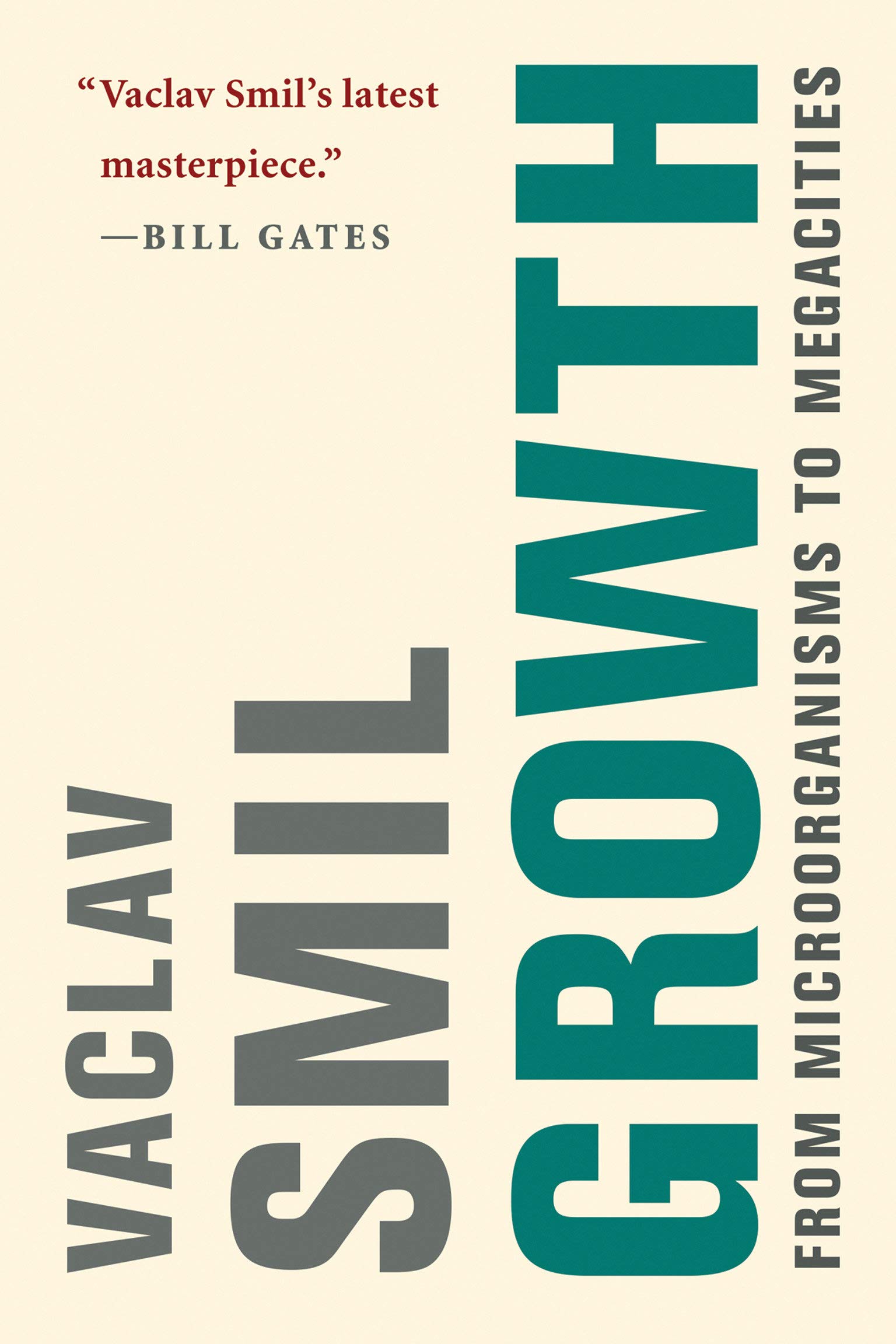
“Growth: From Microorganisms to Megacities” by Vaclav Smil is a book that explores the fundamental principles of growth and the ways in which they apply to a wide range of systems, from biological organisms to urban economies.
Smil begins by examining the growth of microorganisms and the various mechanisms that drive their growth and replication. He then expands his analysis to explore the growth of plants and animals, and he examines the various factors that influence their growth rates, including genetics, environment, and resource availability.
From there, Smil moves on to explore the growth of human societies, including the factors that drive urbanization, industrialization, and economic development. He examines the ways in which human societies have expanded and transformed over time, and he explores the various social and environmental consequences of these changes.
Throughout the book, Smil emphasizes the importance of understanding the complex systems that underpin growth, and he argues that a more comprehensive and integrated approach is necessary for managing these systems in a sustainable manner.
One of the key themes of the book is the relationship between growth and resource consumption. Smil argues that growth inevitably requires the consumption of resources, and he explores the various ways in which societies have managed their resource use over time. He also discusses the challenges of managing resource use in the face of population growth and increasing economic development.
Another important theme of the book is the relationship between growth and sustainability. Smil argues that sustainable growth is possible, but that it requires a more comprehensive and integrated approach to managing our resources and our economies. He suggests that a more holistic approach to growth, one that takes into account the long-term impacts of our actions, is essential for ensuring a sustainable future.
Overall, “Growth: From Microorganisms to Megacities” is a thought-provoking and insightful book that provides a comprehensive overview of the complex systems that underpin growth. Smil’s analysis is deeply rooted in scientific principles, but it is also accessible and engaging for a general audience. Whether you are interested in the growth of biological organisms, the expansion of human societies, or the challenges of managing resource use in a sustainable manner, this book is sure to provide valuable insights and perspectives.
